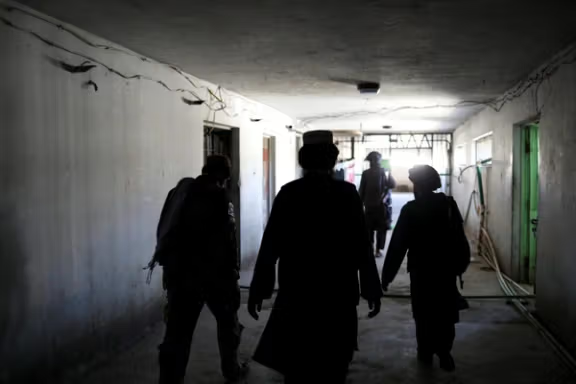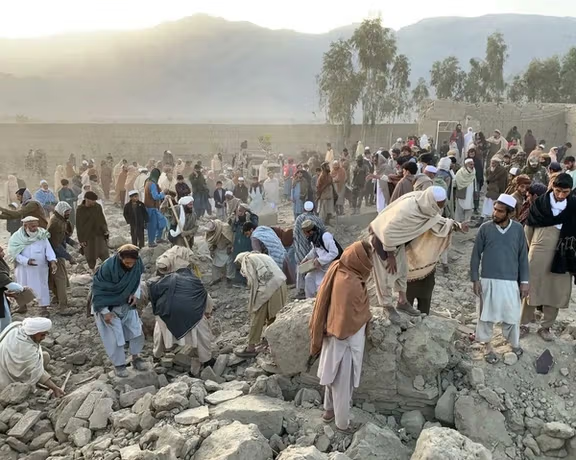In a newly released report, the UN Assistance Mission in Afghanistan (UNAMA) and the UN Human Rights Office documented accounts from 49 returnees in 2024, most of whom were forcibly deported from Pakistan and Iran. The report outlines consistent patterns of abuse by the Taliban, including arbitrary arrest, torture, and threats to personal security.
One former government employee described being detained and tortured during two nights in Taliban custody. The abuse reportedly included beatings with sticks and cables, waterboarding, mock executions, and resulted in a broken leg.
A female journalist said that following her return, she was stripped of her basic freedoms, including the right to work, freedom of movement, and access to education for her daughters. She described her situation as one of house detention.
According to the report, many former soldiers and government officials have been forced into hiding since their return, fearing persecution and reprisals by the Taliban. The report states that deporting individuals to a country where they face the risk of torture, enforced disappearance, or inhumane treatment constitutes a violation of international law.
The United Nations has urged all countries to carry out individual risk assessments before deporting Afghans and to halt returns where serious threats to safety exist. It also called for the establishment of safe and legal pathways for at-risk Afghans seeking to leave the country.
The report comes amid widespread deportations, with hundreds of thousands of Afghans expelled from neighbouring countries since 2023. The UN has appealed to donor nations to increase financial support for reintegration programmes to assist returnees.
Separately, the World Organisation Against Torture (OMCT) has published new findings detailing severe physical and psychological abuse in Taliban detention facilities, including accounts of beatings with electric cables, electric shocks, and burning with heated rods.

